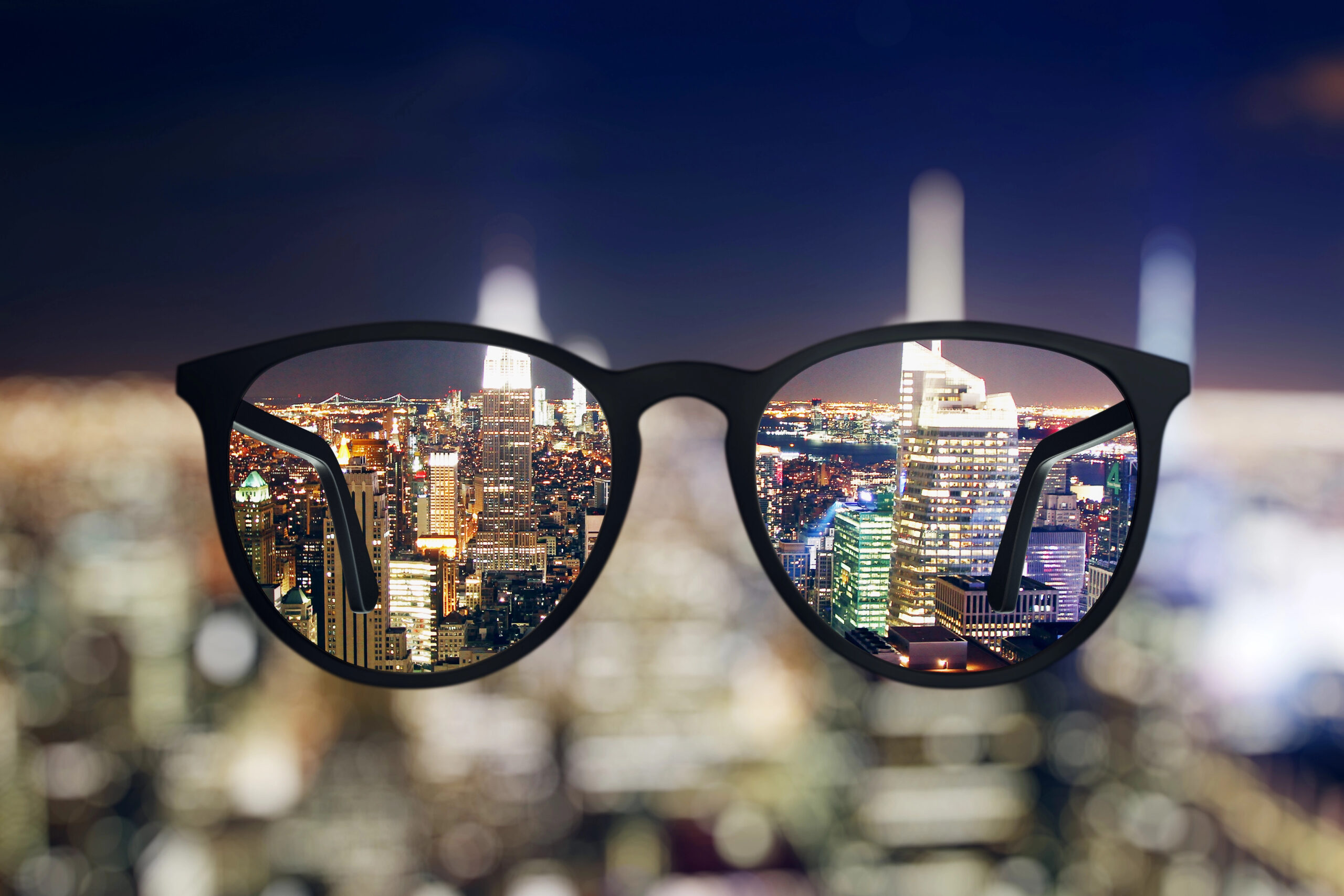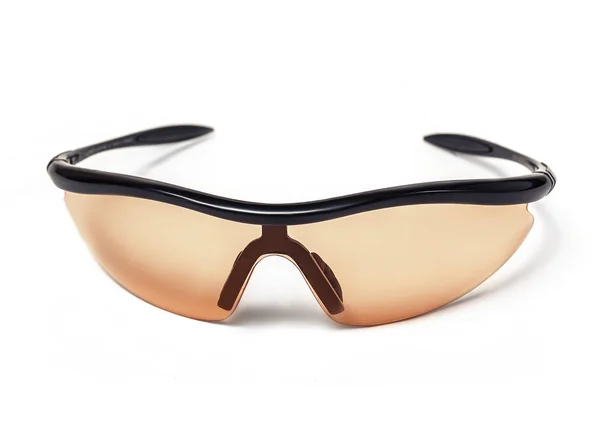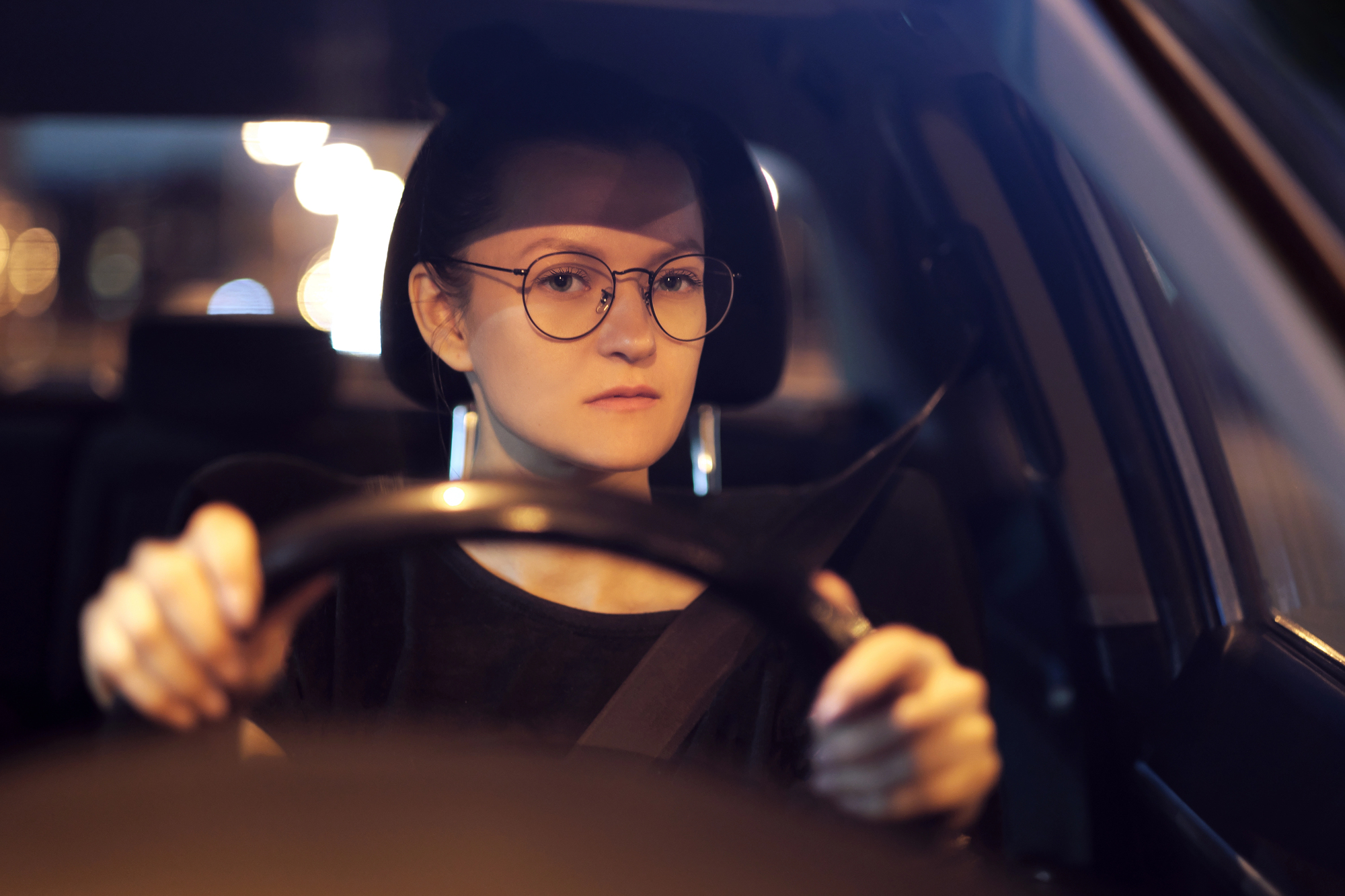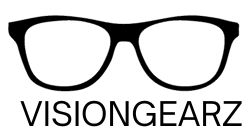Don't miss our holiday offer - up to 50% OFF!
What are Night Driving Glasses?

Many people hate driving at night, and for good reason. Night driving can be dangerous.
It’s dark, and much harder to see the road in front of you, as well as potential dangers ahead. It’s also easier to get dazed by super-bright headlights from oncoming traffic.
At night, our eyes have trouble judging distances, telling colors apart, and seeing things in our peripheral view. Driving glasses help with these issues.
According to the National Safety Council, nearly 50% of all fatal car crashes happen after dark, even though only about 25% of driving happens then. Therefore, road users need to take extra precautions.
How Light Affects Your Eyes
When light rays enter our eyes, cells called photoreceptors convert them into electrical signals for our brains to interpret. These photoreceptors are of two forms–rods and cones
Cones require a lot of light to function, and we use them mainly during the day. They are responsible for us seeing in color.
Rods are more sensitive to low light conditions, and they help you see in dim lighting conditions. Basically, they are responsible for night vision.
As we get older, our night vision worsens:
- We lose some rod cells: This means we become less perceptive at night, even if our daytime vision is fine.
- Our pupils get smaller: The pupil is the black part in the middle of our eye that lets light in. As we get older, our pupils shrink, letting less light into our eyes. By the time we’re in our 60s, our eyes receive only about one-third of the light they did when we were 20.
- We become less sensitive to contrast: This makes it harder to see things like road signs or pedestrians against their background.
- Our reaction time slows: It takes us longer to react to what we see.
- We may develop cataracts: This makes our vision very blurry, especially at night.
We often don’t notice these changes because they happen slowly over time. But they can make night driving more difficult and potentially more dangerous. This is why it’s important to be extra cautious when driving at night, especially as we get older.
Using driving glasses and following safe driving practices can compensate a bit for these changes in our vision.
Features of Driving Glasses

Driving glasses control the light entering into our eyes. They block excess light, reduce reflections, and even make certain colors stand out more. This way, our eyes don’t have to work so hard to adjust to the lighting conditions.
This means our eyes will get less tired, and we’ll be able to see more comfortably when driving.
Here are some of the special features of driving glasses:
- Yellow-tinted lenses: They reduce glare and make things look sharper, especially when it’s not very bright.
- Special coatings: Lens coatings like anti-glare and scratch-proof coatings help to reduce reflections on the lenses. They let more light through and make things clearer. They also protect the lenses from damage.
- Blue light filters: They reduce blue lights, which make your eyes tired, especially when driving at night.
Benefits of Using Driving Glasses
Driving glasses can improve your vision and help you drive safely when used correctly. Here’s how they help:
Reduced Eye Fatigue
Our eyes get tired during long drives. This is especially true when the light conditions keep changing throughout the drive. Driving glasses block out harsh lights and keep you alert for longer.
Comfort
Driving is more comfortable when you can see the road clearly. Driving glasses help you see without squinting, and it reduces eye strain and headaches.
Better Focus on the Road
Being able to see clearly keeps you level-headed and attentive to your surroundings. You become more aware of what’s happening around you, and you can read road signs and signals better. This also helps you better predict what other drivers might do.
Do I Need Night Driving Glasses?
Night driving glasses are helpful to people who often drive at night, and have difficulty with vision when driving.
They’re most helpful for:
- People that have issues adjusting their eyes to light
- Drivers who often drive in difficult weather like snow, fog, or rain
- People who often drive long distances or at night
- People who are extra sensitive to bright lights
Tips for Driving Safely at Night

Here are some helpful tips to keep you safe when you’re driving after dark:
- Use your headlights properly: Turn on your headlights as soon as it starts getting dark. Make sure both headlights work and are clean. Use high beams on dark roads without traffic, but switch to low beams when you see oncoming cars.
- Keep your windshield clean: A dirty windshield can make glare worse and blur your vision. Clean both the inside and outside of your windshield regularly.
- Look in the right direction: To avoid being temporarily blinded by oncoming headlights, look toward the right side of the road instead of directly at the lights.
- Slow down: Do your best to avoid speeding at night. Drive a bit slower to give yourself more time to react to unexpected situations.
- Increase your following distance: It’s best practice to leave more space between your car and the one in front of you. This gives you more time to stop if needed.
- Be on high alert for pedestrians and animals: It’s harder to see people and animals at night. Pay special attention to crosswalks and in areas where animals might cross the road.
- Take breaks on long trips: Night driving can be tiring. On long trips, stop every two hours or so to rest your eyes and stretch.
- Keep your eyes healthy: Get your eyes checked regularly. Some eye problems can make night driving especially difficult.
- Avoid distractions: Turn down the brightness of your dashboard lights and avoid using your phone while driving. These can distract you from the road.
- Consider using night driving glasses: If you find night driving particularly challenging, special night driving glasses might help. These often have a slight yellow tint that can reduce glare and improve contrast.
By following these tips night driving can be safer and more comfortable for you.
Read Also: Are Driving Glasses Really Helpful at Night?
